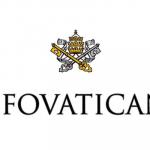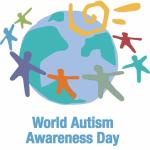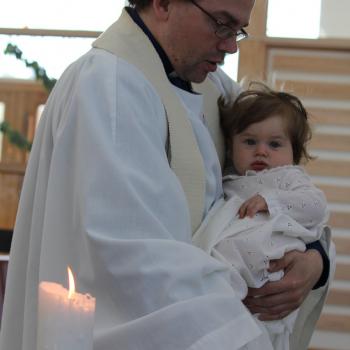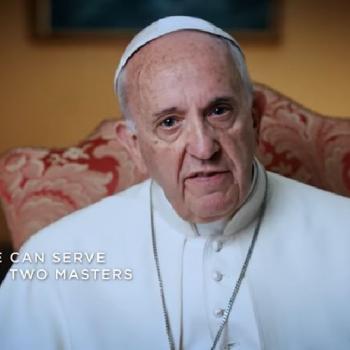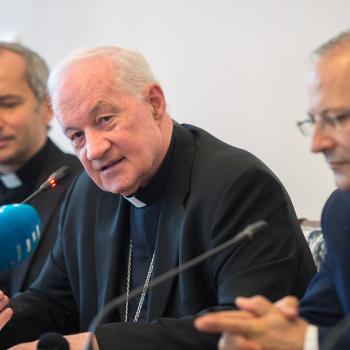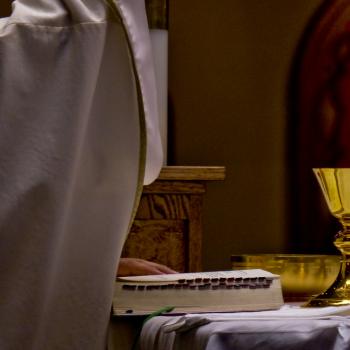On end-of-life issues, the 118 French bishops that met in their Spring Assembly last week in Lourdes say “yes to the urgency of fraternity” and no to greater access to euthanasia. In a declaration issued last Thursday 22nd, the prelates reiterated their opposition to the Claeys-Leonetti law that states that “everyone has the right to a decent and peaceful end of life” and that medical personnel should use “all the means at their disposal to ensure that this right is respected”. The bishops also deplored what they called “disparities in access to palliative care” in France and the “lack of training offered to medical and nursing staff, which causes sometimes tragic suffering”.
In their communiqué, the French bishops recognize that the “ignorance” around palliative care in the country – as well as media coverage of high-profile cases of patients seeking to end their lives – has led to a situation in which “many are calling for a change in the law through the legalization of medical assistance to suicide and euthanasia”, such as the legislative modification currently being considered by the Estates-General of Bioethics. But in the face of this pressure, the prelates reaffirm their opposition to any relaxing of the law “for at least six reasons” which run the gamut from purely legislative concerns to a worry that greater access to assisted suicide would hardly lead to a more “fraternal” society.
“A killing can in no way be a cure”
In the first place, reads the French bishops’ statement, changing the current law regulating end-of-life practices – which is a mere two years old – “would show a lack of respect not only for the legislative work already done, but also for the patient and progressive involvement of caregivers”. More importantly, though, to legalize euthanasia “would be to inscribe in the heart of our society the transgression of the civilizing imperative: ‘You shall not kill'”. “How could the State, without contradicting itself, promote… assisted suicide or euthanasia while developing plans to fight against suicide itself?”, ask the prelates. “Whatever the legal subtleties called upon to stifle the problems of conscience”, they continue, “the fratricidal gesture would rise in our collective consciousness as a repressed and unanswered question: ‘What did you do with your brother?’“.
Just as poignantly, the French bishops recall in the third point in their statement that further access to assisted suicide could lead to the impression “that a life may no longer be worthwhile”, a notion foreign to the Code of Medical Ethics. “A killing, even when allegedly performed out of compassion, can in no way be a cure”, they write, for the compassionate response to terminally-ill patients actually consists in a more attentive “accompaniment in solidarity” and not a “premature abandonment to the silence of death”. “It is a true fraternity that is urgently needed: it is the vital link of our society”, recall the bishops in this sense.
Against those who argue that one’s manner of dying is “the sovereign choice of the patient”, the French bishops ask: “What is this freedom which, in the name of an illusory sovereign autonomy, would lock up the vulnerable person in the solitude of his decision?”. “Experience shows that freedom is always a freedom in relationship… [because] our personal choices, whether we like it or not, have a collective dimension”, the prelates argue, before reaffirming that “the injuries of the individual body are wounds of the social body”. What scars would be left on this social body were euthanasia to be legalized, they furthermore sustain, are those of an “agonizing guilt” under whose spell “everyone” may be led to wonder: “Shouldn’t I too think about ending my own life?”
So it is that, rather than embrace the “right to die”, the French bishops call on their politicians and fellow citizens to work towards “a fraternal society” that will take “individual and collective care of each other”.

